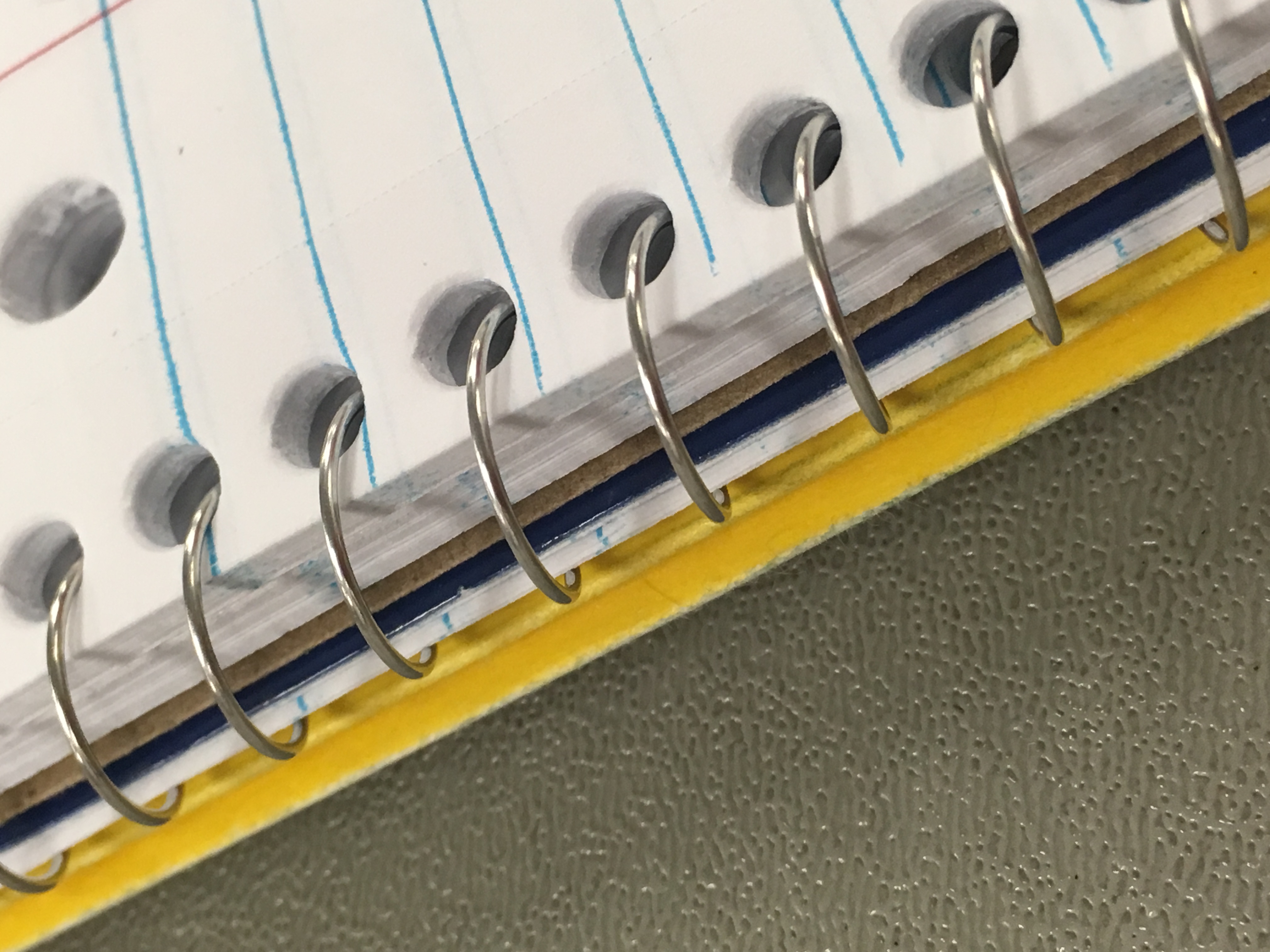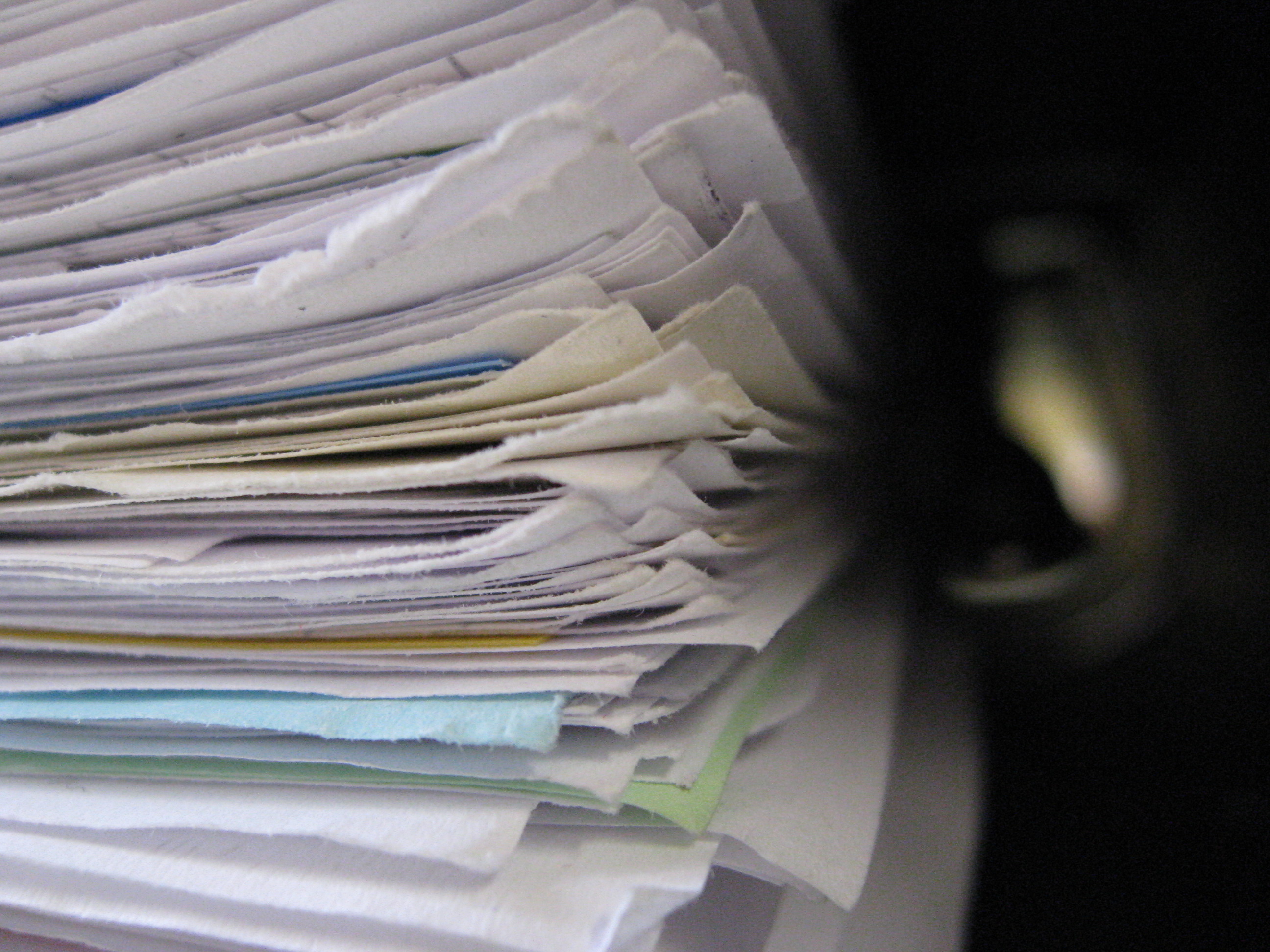Should your character lose an eye, they have options. (These ocular prostheses don't restore sight in the missing eye unless noted.)
11 Normal glass. A perfectly serviceable prosthetic that fits comfortably and looks good.
12 Exquisite glass. An absolute masterpiece of glassblowing that perfectly replicates the original eye. Undetectable even up close and indispensable for pranks.
13 Custom glass. Handblown and designed to look like anything except a natural eye. The whole piece is uniformly patterned without a discernable sclera or iris and is (d12):
1 Solid black
2 Robin's egg blue
3 Rust red
4 Milky white
5 Iridescent violet
6 Metallic silver
7 Dichroic foil
8 Marigold millefiori
9 Spiraling canework
10 Ultra-fine multicolored concentric circles
11 Compound eye
12 Uranium glass
14 Prism. Internally faceted crystal backed with platinum foil. Sparkles and casts rainbows in natural daylight.
15 Flashy. Gold inlaid with precious gems in a stylized eye motif. Opal for the sclera, delicate spinal veins, a heliotrope and peridot iris, and black tourmaline pupil. Expensive, gorgeous, and an excellent target for thieves.
16 Livery. An unambiguous sign of friendship, allegiance, or favor with a specific faction or figure. Usually are fine porcelain glazed in the giver's colors and bearing their emblem. Wearing one is an obvious declaration of mutual loyalty and support. Wearing one falsely will get you killed.
21 Cache. A hollow enameled silver sphere that can be removed and opened. Able to securely and discreetly store small items.
22 Locator. Simple acrylic made to match the remaining eye and be supremely unobtrusive. Contains an embedded long-range transponder that lets the wearer be tracked and act as a homing beacon. Can't be turned off but can be shielded.
23 Camera. Black acrylic with a waterproof dataport on the back and a front that matches the wearer's remaining eye. Can covertly record video and still images. Must be removed and physically connected to another system to display or print the captured images. Has macro and telephoto modes, the wearer can't close their eye while using the telephoto function.
24 Radiator. A sturdy aluminum shell containing yards of hair-thin copper wire wrapped around pressed asbestos wafers and joined into a circuit by a tiny ruby. Keeps the wearer comfortably warm and prevents death or injury from cold exposure. Doesn't protect against overheating or burning.
25 Viper. A white ceramic sphere molded with dozens of deep pits encased in dark tinted glass. Lets the wearer see infrared light and heat signatures within their missing eye's field of vision.
26 Scanner. A translucent black acrylic sphere with a glowing blood red LED pupil. Grants lightly pixelated monochrome vision in red. Scans and analyzes the wearer's surroundings, highlighting items of interest and threats with a scrolling text summary of the data. Occasionally attempts to phone home.
31 Familiar. Translucent milky-white acrylic with a transparent lavender star-shaped iris and no pupil. Shows the wearer a cute cartoony creature that acts like a real flesh-and-blood pet, demanding care and attention. Might be real. Doesn't disappear when the eye is removed. Invisible to others.
32 Sentient. A polished dark bronze sphere full of clockwork ticking just on the edge of hearing. Can see and hear what happens around it unimpeded by the wearer's skull and talk to its wearer through bone conduction. Highly opinionated. Will act as an advisor if treated with respect.
33 Quartermaster's. Polished and waxed rosewood inlaid with a gold ring. Lets the wearer accurately count, inventory, and appraise items at a glance.
34 Surveyor's. A hollow high-vis orange enameled steel sphere with a clear crystal lens. Five tiny lead weights hang on fine chains inside and can swing freely. Lets the wearer instinctively measure distances, angles, and dimensions by sight with pinpoint precision.
35 Archeologist's. Half white-veined black marble, half blue lace agate. Lets the wearer see through earth and stone to spot tunnels, halls, chambers, and other buried things. Takes practice to learn to focus beyond the surface of objects instead of on them.
36 Hunter's. Translucent prehnite with an inlaid vertical oval obsidian pupil. Lets the wearer see normally in the dark and in grayscale in absolute darknesPermanently alters the wearer's visual processing to prioritize movement and causes eyeshine in both the remaining eye and prosthetic.
41 Occultist's. Wafers of baleen and narwhal ivory riveted together with electrum pins. Lets the wearer see arcane energy fields, thaumaturgic residue, and ionizing radiation.
42 Vital. Polished ironwood decorated with a fine network of pyrographic veins. Lets the wearer see souls and other electromagnetic fields associated with living things within their missing eye's field of vision.
43 Discerning. Ivory set with a horizontal pupil of polished horn. Lets the wearer see truth and lies as illusory clouds of smoke and flying embers.
44 Voyeur. Carnelian with an inlaid smoky quartz iris. Lets the wearer see through a target's eyes. A target can be anything with eyes that they know exists.
45 Mariner's. Polished red coral set with a pale orange horizontal oval pupil of conch pearl. Prevents the wearer from drowning but doesn't make breathing water hurt any less.
46 Endless. Amber glass holding suspended gold flakes and a skull-shaped bubble in the center. Prevents the wearer from dying but doesn't protect them from injury. Can't be removed by the wearer.
51 Grave. An embalmed eye taken from a raised corpse at least three months dead, packed with a mix of powdered frankincense and cedar sawdust then coated in clear lacquer. Causes the dead and undead to treat the wearer as one of their own.
52 Incorruptible. Tannin-blackened bog oak inlaid with radiating dendritic veins of partially polished bog iron. Protects the wearer from aging and decay as long as they fully submerge themselves in a wetland for a day every year.
53 Frogspawn. A gelatinous mass of thousands of minuscule clear eggs. Produces 1 adult poison dart frog each day. Requires eye drops to keep moist.
54 Milk. A flexible casein shell half-filled with fresh milk, sloshes quietly as it moves. Can provide 1 person with rations for 3 days or feed an unweaned baby or animal indefinitely.
55 Basilisk. Crackled celadon porcelain with a verdegris-coated copper iris and cast iron pupil. Causes anything the wearer stares at to start degrading at an accelerated rate until it ignites or crumbles to dust. The larger an item is the longer it takes to destroy. Small items take about a minute to crumble. Blinking or looking away halts the effect permanently.
56 Evil. A delicate cobalt blown glass bubble with a web of fine glass filaments strung across the inside and a nazar motif decorating the front. Absorbs and contains curses directed at the wearer and lets them lay stored curses on others. Doesn't let the wearer know what the curses are. Shatters if used too strenuously.
61 Hospitable. A hollow electrum sphere scribed inside and out with runes of corporeal and spiritual dissolution, absorption, and containment. The pupil is a pierced hole covered by irising plates of obsidian that the wearer can open and close at will. 2-in-6 chance the eye is empty, otherwise it contains a supernatural entity that's:
Power (d10):
1 Attenuated
2-3 Weak
4-6 Modest
7-8 Strong
9 Legendary
10 Godlike
Temperament (d20, roll twice on odds):
1 Benevolent
2 Charismatic
3 Kind/caring
4 A liar
5 Omnicidal
6 Patient
7 Conniving
8 Chill
9 Straightforward
10 Formal
11 Unhinged
12 Melancholy
13 Selfish
14 Vain
15 Bloodthirsty
16 Protective
17 Possessive
18 Greedy
19 Lazy
20 Proud
Make a reaction roll on first contact.
62 Seer's. A simple crystal quartz ball. Shows the most likely consequences of the wearer's next decision. Needs to be consciously focused on to activate. The harder the wearer concentrates, the farther into the future the vision reveals.
63 Mirror. Nine lightweight silvered glass spheres nested inside each other and held apart by tiny diamond posts. Lets the wearer see out of any reflective surface. Difficult to maintain focus. Do not look directly at self while in operation.
64 Transferal. Blackened iridium set with a triangular aquamarine iris. Lets the wearer transport a target in their line of sight to any location they've seen before.
65 Rewind. Nephrite jade carved with a shallow organic unicursal meander pattern. Lets the wearer reverse the flow of time for a creature or object in their line of sight, sending the target up to 30 seconds back down their causal path and undoing any events that occurred in the rewound interval. Gets hot enough to burn if used too many times in quick succession. Melts if pushed to rewind a target past 30 seconds.
66 Transplanted. A healthy intact eye from an organ donor. Requires surgery to implant and likely won't match the recipient's remaining eye, but fully restores sight. Carries a risk of infection, rejection, haunting, inadvertent acceptance of a pre-existing pact, itching, dryness, and headaches.

.jpg)



.jpg)



.jpg)




.jpg)